US President Donald Trump is scheduled to meet with Argentina’s President Javier Milei on October 14, Argentina confirmed on Tuesday. The meeting will coincide with the week when the World Bank and the International Monetary Fund (IMF) convene in Washington.
Argentina’s foreign ministry described the upcoming talks as a “new opportunity to continue strengthening the strategic partnership between both countries.”
The discussions follow US Treasury Secretary Scott Bessent’s announcement last week that negotiations are underway for a $20 billion swap line with Argentina’s central bank, providing access to critical US dollars.
Market reaction and political controversy
Following the announcement, Argentina’s dollar bond prices and the peso initially rose but have since declined, partly due to uncertainty over the terms of the agreement. On Tuesday, bonds were flat to down 2 cents each, while the peso fell by 1.5%.
Milei’s aggressive austerity measures have improved Argentina’s solvency but concerns about cashflow remain. Analysts warn that upcoming US midterm elections in October could threaten his progress.
The proposed US support has sparked criticism among some Republican officials. A photograph published by the Associated Press last week showed Treasury Secretary Bessent reading a text message from Secretary of Agriculture Brooke Rollins, describing the deal as “unfortunate.” The message referenced Argentina removing export tariffs on grains, lowering prices, and selling significant soybean quantities to China, actions seen as affecting US farmers.
Neither Bessent nor Rollins have commented publicly on the exchange, and their offices did not respond to requests for comment.
In a separate move to secure foreign currency and ease market concerns before the midterms, Argentina’s government last week temporarily suspended export taxes on grains. Traders booked $7 billion in sales in a matter of days, with most exports, especially soybeans, destined for China. These transactions could further impact US farmers, who face lost sales opportunities amid stalled trade negotiations with Beijing and growing competition from South American suppliers.


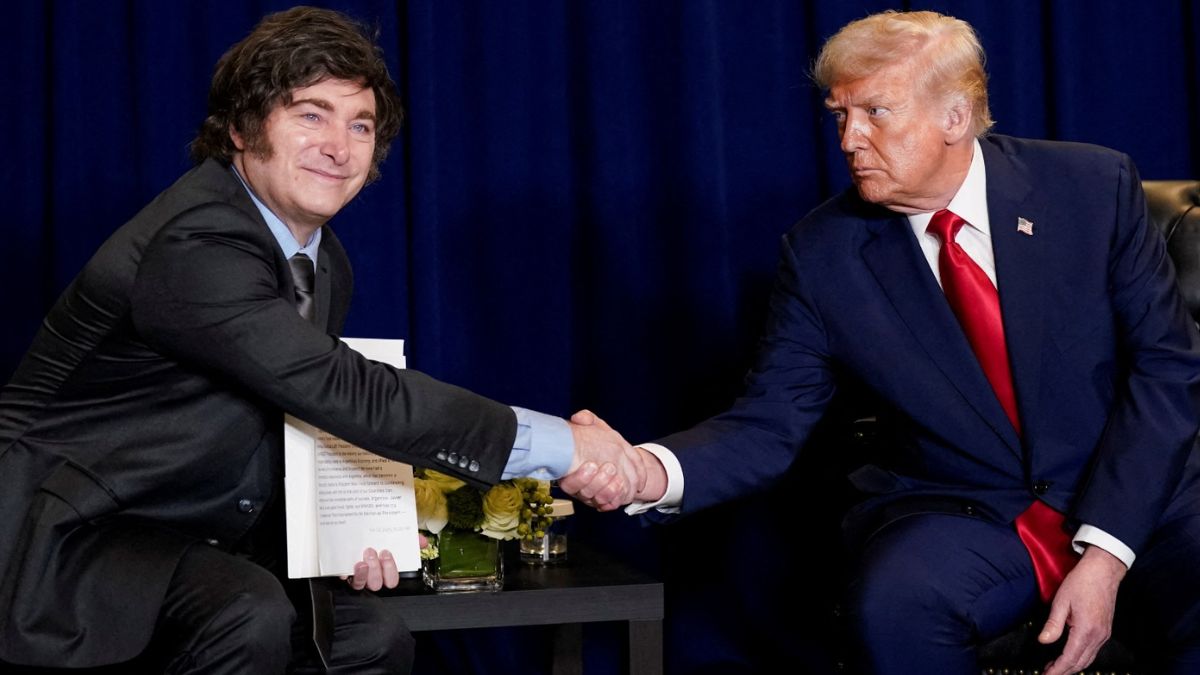)
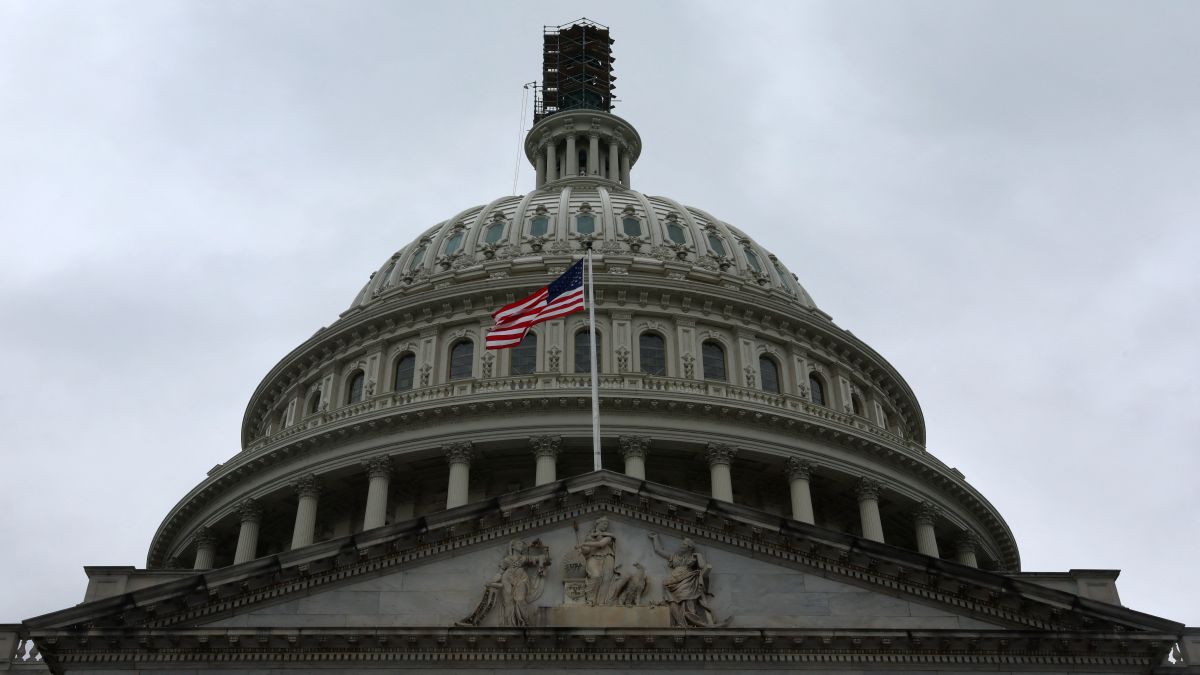
)
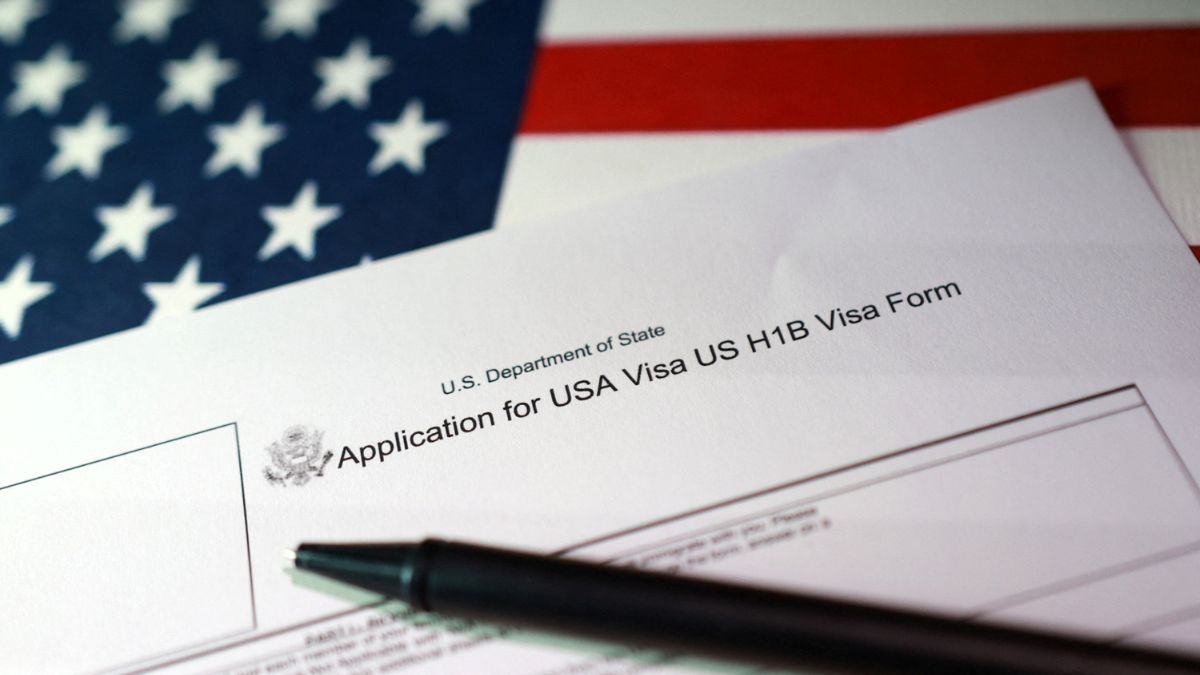)
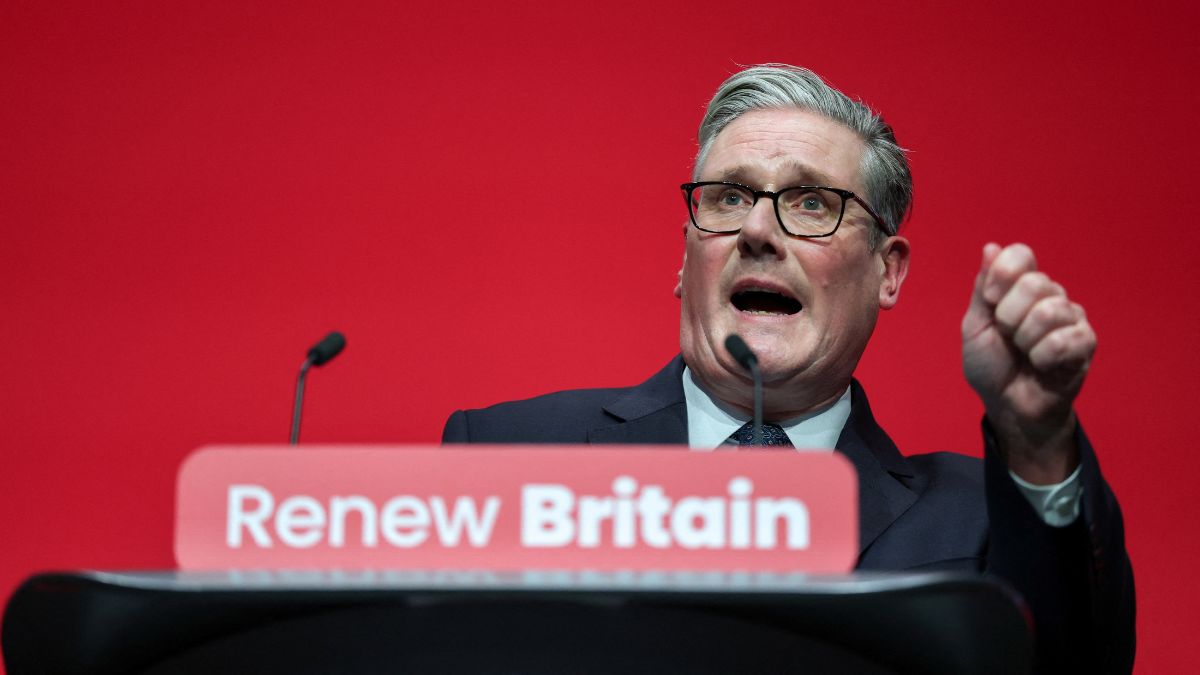)
)
)
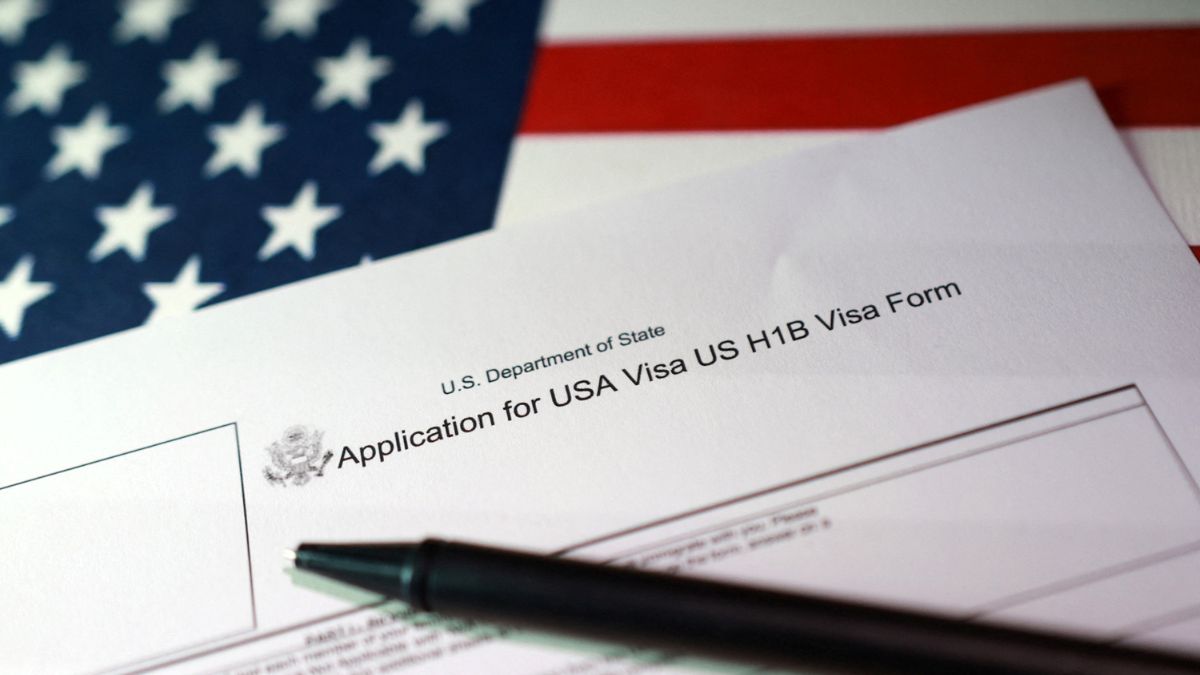)
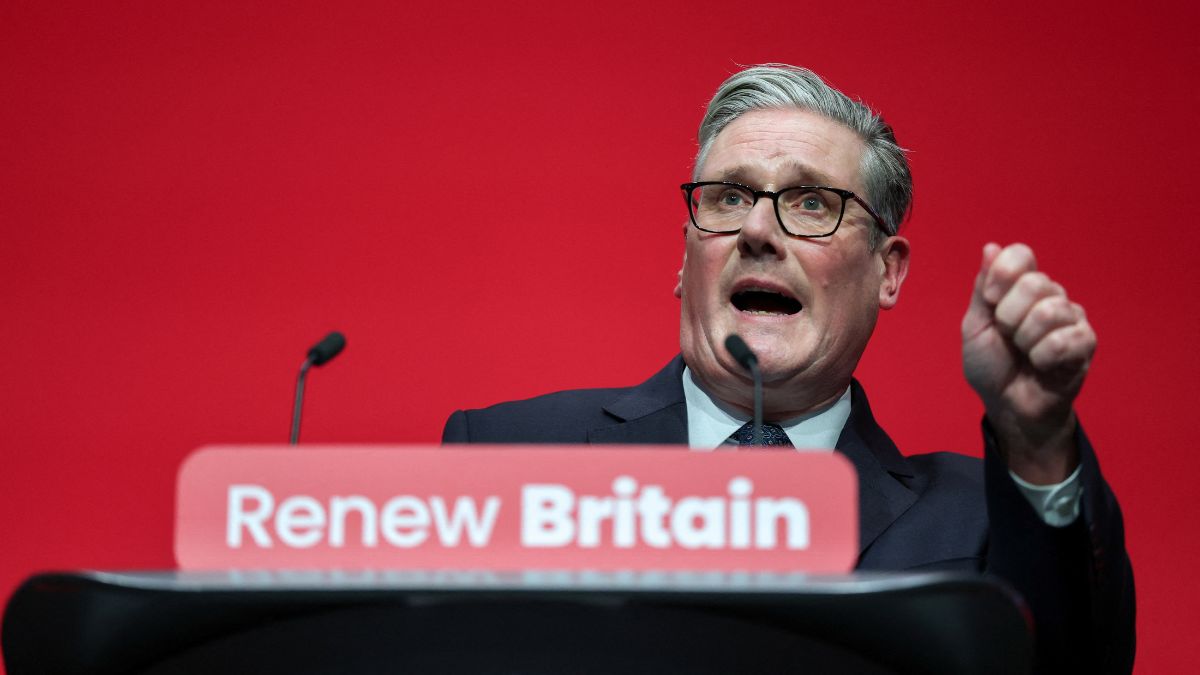)
)



